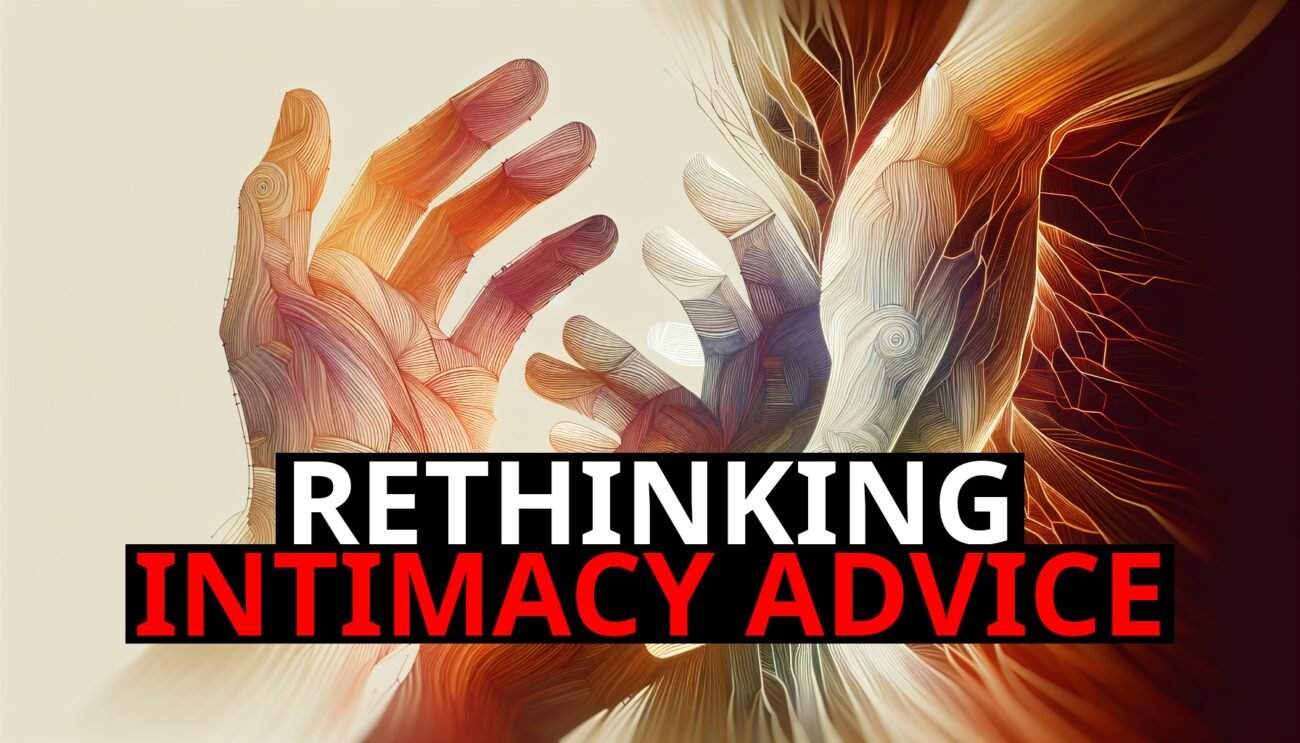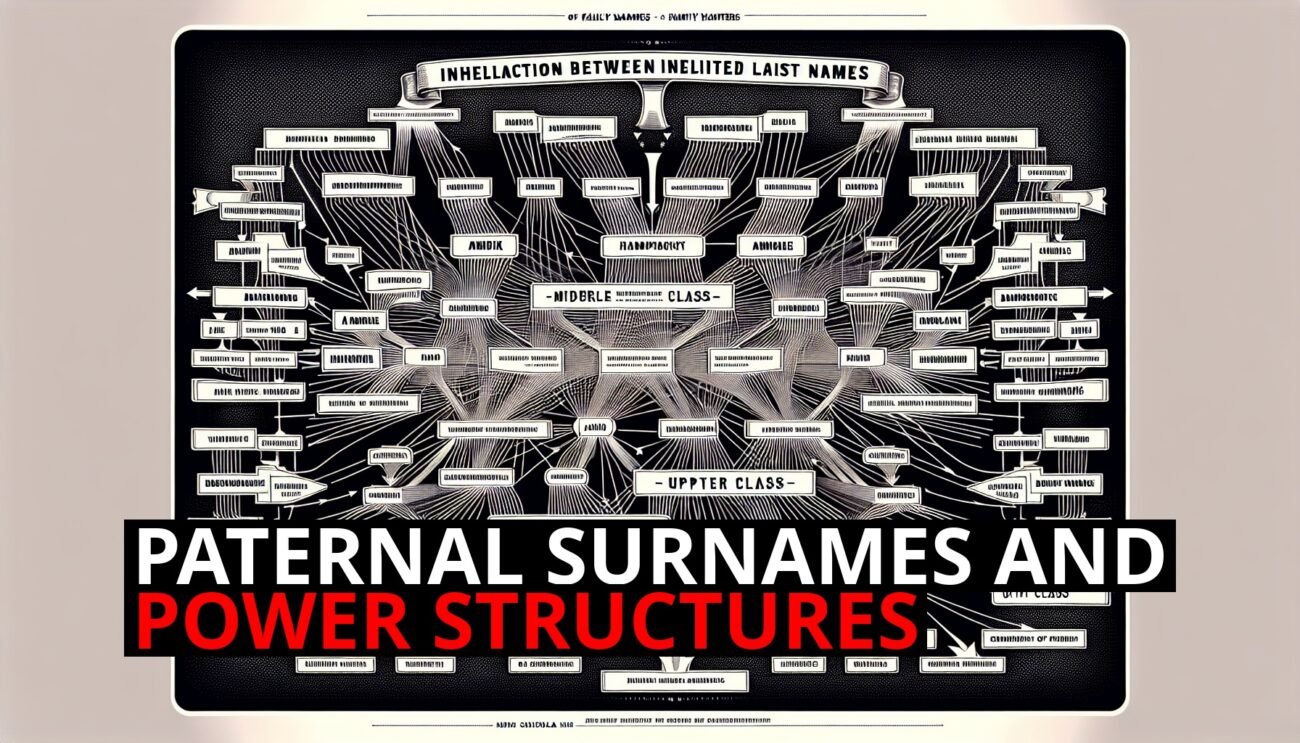Why Does The World Work The Way It Does?
Picture this: A young boy tinkers with a broken toy car, asking, “Why does it stop moving?” He’s not satisfied with, “It’s broken.” He wants to know how the gears work, why the battery drains, and what fixes it. Meanwhile, his sister might join in to admire the car’s design or tell a story about its “personality,” but rarely will she dive into the mechanics. These small moments capture a profound truth about how men and women engage with the world around them.
Men, fueled by a relentless drive to question “why,” have historically been the architects of societal systems. Women, on the other hand, excel in maintaining these systems, ensuring harmony and operational success. What happens when these roles meet? And why does the “why” question seem so uniquely male?
The Power Of “Why”: From Toy Cars To Global Systems
Men’s questioning nature begins in childhood. Boys often ask not just _what_ something is but _why_ it works. This tendency to challenge assumptions and dig into mechanics creates a foundation for their later roles in system-building.
When you consider the great innovations of the world—bridges, medical breakthroughs, governance structures—it’s easy to trace their roots back to informal discussions where men ask questions like:
- Why does this process take so long?
- Why can’t we build it faster or better?
- Why does this tradition persist, and how can it evolve?
Men’s capacity to question and refine allows them to create systems that improve efficiency, address needs, and redefine entire industries. It’s not about curiosity for its own sake; it’s about solving problems and pushing boundaries.
Compliance Without Question: Women’S Strength In Diligence
Contrast this with women’s natural inclination toward compliance-driven diligence. In school, for instance, girls are often star students—not because they ask “why” but because they excel at doing what is asked of them, and doing it well. This ability to work diligently within a given framework ensures their success in structured environments.
This compliance extends beyond academics:
- Women adopt societal norms like wearing makeup or dressing a certain way without asking why.
- Relational roles, such as giving oral or taking a partner’s last name, are often fulfilled out of a sense of expectation rather than philosophical inquiry.
While this might seem limiting, it’s also a superpower in maintaining relational harmony. Women’s focus on meeting expectations ensures stability and cohesion, even in male-created systems.
Why Asking “Why” Matters
The question of “why” is inherently disruptive—and that’s why it’s so powerful. By challenging norms, men uncover inefficiencies and inconsistencies, leading to innovation.
Imagine the world if no one had ever asked:
- Why do we farm this way?
- Why does this engine lose efficiency over time?
- Why is this law still in place when it no longer serves us?
These questions aren’t trivial. They are the seeds of progress. Without them, humanity stagnates. Men’s ability to debate these “why” questions informally—whether on golf courses or in casual brainstorming sessions—drives the evolution of systems that define civilization.
The Balance Of Roles: Why Men Lead And Women Maintain
It’s not a competition; it’s a partnership. Men’s questioning builds the frameworks, while women’s compliance ensures those frameworks run smoothly. Both roles are critical:
- Men innovate, explore, and challenge the status quo.
- Women execute, nurture, and stabilize the systems men create.
This balance has historically driven humanity forward. Men’s relentless “why” provides the spark, while women’s diligence ensures the flame doesn’t burn out.
What Happens Without “Why”?
The absence of questioning leads to stagnation. Echo chambers, often seen in female-dominated discussions, can validate ideas without critical scrutiny. Without the “why” mindset, these discussions can become detached from practical or systemic realities.
Imagine a world where no one questions inefficient systems, where traditions persist unchecked, and where progress halts. That’s the danger of a world without the philosophical questioning that men inherently bring to the table.
The Legacy Of “Why”
From the mundane (tinkering with a toy car) to the monumental (designing global systems), men’s ability to ask “why” has shaped the trajectory of civilization. It’s not just curiosity; it’s the foundation of progress.
While women’s relational focus ensures harmony, it’s men’s disruptive questioning that lights the path forward. Together, these roles create a world that evolves, innovates, and thrives. So next time you ask, “Why does the world work the way it does?” remember—it’s because someone, somewhere, dared to ask “why.” And chances are, it was a man.













